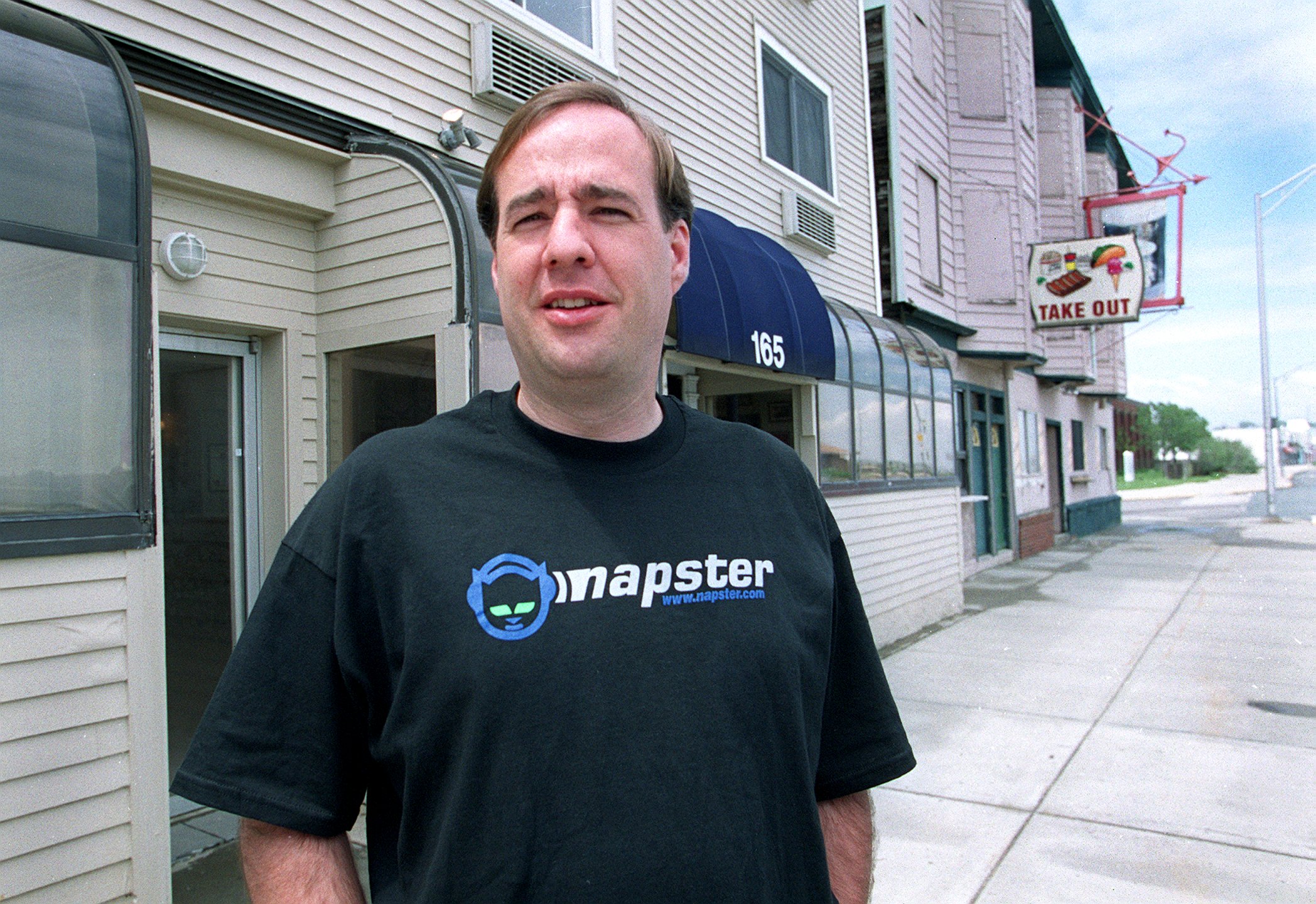From our ancestors striking “stones and bones” to today’s digital beats, music has been fundamental to the human experience. Industries rose around it, birthed by three pioneering record companies: Edison, Victor Talking Machine, and Columbia. These weren’t just the cradle of music labels; they were also vanguards of technology, introducing the world to the first phonographs.
This harmonious marriage of music and technology once promised endless innovation.
Yet fast forward to today, a discordant note strikes. The once-pioneering music industry appears to have fallen out of step with technological innovation. From cassettes to Apple Music, third-party tech companies have persistently outpaced them. And in their dogged pursuit of profitability, the labels seem to have abandoned the artist, the soul of the music industry.


Also Read
WHY SO MANY MUSIC TECH DEALS FAIL
Take the story of Napster. Here was a superior technology knocking on the doors of the music industry. Rather than embracing this innovation, the labels perceived it as a threat, launching a legal assault against the service. This pattern of rejection, this resistance to embrace the new, always struck me as puzzling.
Eventually, the industry warmed to tech innovation with Spotify, but at the expense of the platform itself, which loses money year on year due to the unsustainable deals made with the labels.
From my tenure at a record company, two episodes shaped my impressions: firstly, the exorbitant video production budgets, which ballooned once MTV took off. The labels, in spiraling competition, fed MTV with promotional videos, ultimately enabling the very platform that would erode their control over music distribution. Secondly, the haste with which labels competed to provide their music to video game companies, ultimately giving away content for little more than free promotion.
The consistent thread running through these episodes is an industry that too often undermines its own magic and is prone to self-sabotage. Rather than create, it relinquishes control to third-party tech companies to forge the future. Instead of fostering innovation, it flexes its muscles in litigation and leverage, making demands instead of encouraging creativity and innovation.
This pattern suggests a fundamental philosophical difference between record companies based in Los Angeles and the tech companies in the Bay Area. In the tech world, there’s a pervasive culture of risk-taking and the potential for exponential rewards. Start-up employees dream of becoming millionaires fueled by outsized equity returns. This is not the same with record companies, where the culture prioritized safety and predictability over innovation.

It was safer to do nothing than to take a risk. One can get a paycheck and perform basic duties until the regime changes, then move to the next one. It offered a good living and decent bonuses, but the prospects for wealth generation, like that seen in tech startups, were limited.
The music business, in many ways, had a culture modeled after Chicago gangsters, with characters that stuck around long after they should have been history. When I arrived at MCA records, the guys who appeared in Hitmen and Stiffed were still there. Payola was real, cut-outs were real, and promo men were gangsters.
As we venture into the world of AI, Web3, and digital currencies, the labels face another crossroads. The future of music is digital, decentralized, and increasingly driven by data. Yet the question remains: Will they embrace the opportunity to lead this evolution, or will they fall prey to their habitual resistance to change?
Catalog sales at labels, interestingly, outpace many breaking artists’ revenues. This could be a symptom of the industry’s reticence to leave its comfort zone. The challenge of the “innovator’s dilemma” is real. The threat of progress is imminent, and the refrain echoing in the corridors of the industry is, “What are we going to do with AI?”

Take a look at Shawn Fanning and Sean Parker, now apparently worth a combined $3 billion (Fanning invested in Uber and many other startups. After Napster he sold Rupture to EA. Parker invested in Facebook and, of course, Spotify.) These were the bright young talents the labels could have collaborated with, but chose to turn their backs on. These innovators are the faces of a new age, which the music industry needs to understand and embrace.
Because, whether the labels choose to dance to the tune of technology or not, the music, as always, will play on.
Les Borsai is co-founder of Wave Digital Assets




